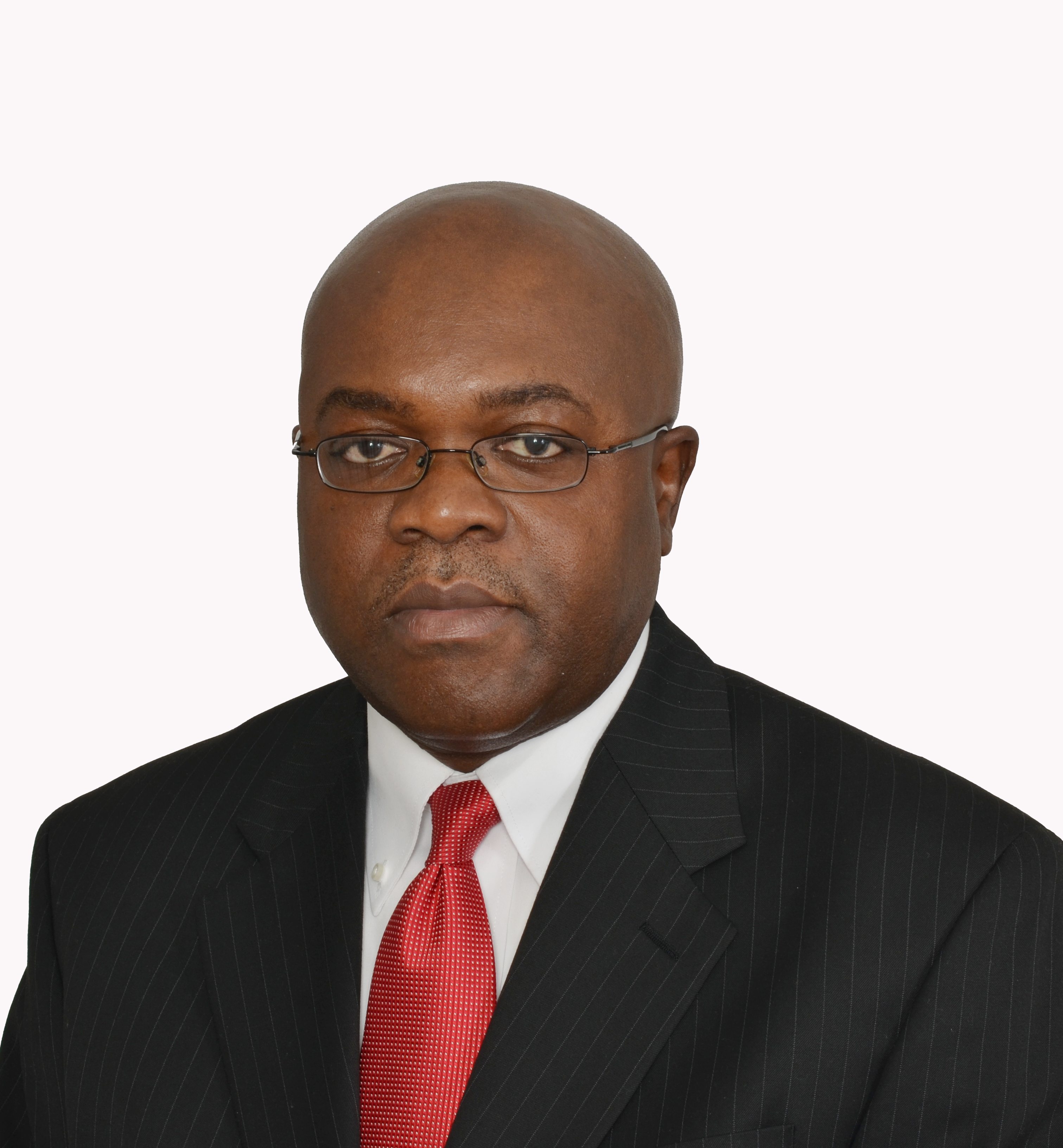Nigerian Democracy – An Analysis
Ten years after Nigerians ushered in a new era of civilian rule, the PDP led federal government and the National Assembly, the country’s legislative branch of government are virtually non-existent in the lives of Nigerians. On my recent trip here, I was shocked to find a glaring lack of socio-economic and political progress in most of the country. Except for Lagos, Delta, Benue and a few other states where a new generation of governors are transforming their states, the executive and legislative branches of government have both miserably failed the Nigerian people. The conventional wisdom here is that the PDP led government is the worst and most corrupt in the history of Nigeria. The National Assembly is an embarrassment to all credible democracies around the world. It has failed to carry out its constitutionally mandated oversight responsibilities. Where is the National Assembly when thousands of retirees of the Nigerian Ports Authority (NPA) are yet to receive their pensions in over two years? Where is the National Assembly when retired and active duty military personnel including returning ECOMOG soldiers are yet to receive their salaries and pensions? And when these soldiers protested, they were court martial. Where else in the world would this happen? Only in lawless countries like Nigeria.
If this were a credible democracy, the National Assembly would have summoned the former head of the NPA, Bode George, to account for the billions of naira, Nigeria’s currency, earmarked to pay the pensions of these retirees which he was alleged to have embezzled. The National Assembly would have summoned the head of the Nigerian military to explain why soldiers who fight and die for their country are yet to be paid. The National Assembly has the constitutional obligation to right these wrongs. If it doesn’t, it will go down in history as the most inept and irrelevant in that nation’s history. Power supply in the country remains grossly inadequate at best. Almost every home and apartment now has a generator especially in the urban areas. The current president has pledged to increase the energy capacity by 6,000 kilowatts by the end of this year. We shall see. His predecessor, former President Obasanjo, spent eight years in office and failed to rehabilitate the National Electric Power Authority, (NEPA) which is the country’s power generation and supply bureaucracy. The billions of naira that was earmarked for the upgrade of NEPA’s power generating capacity were alleged to have disappeared during president Obasanjo’s tenure in office and nobody has been held accountable for this theft. The National Assembly was conspicuously missing in action on this explosive matter as well.
Travelling around Lagos and through the south west corridor of the country to the north, one can see the faces of poverty, despair and infrastructural degradation everywhere. Most of the roads in these parts are virtual death traps, the result of poor maintenance. While funds are allocated annually to main these vital interstate highway, the “Nigerian factor” dictates that the maintenance do not have to be carried out and nobody is ever held accountable.It’s a jungle out here! Take the current strike by members of the Academic Staff Union of Universities (ASUU), the union that represents university professors and lecturers which had been on strike for the past two months. Majority of university students around the country have been unable to take their final exams. The academic school year is yet to be concluded as a result. It is disgraceful and unconscionable that the National Assembly has not intervened to help end this strike. Why will they intervene when their children do not attend universities in Nigeria? Parents are now calling for the children of these politicians to be mandated to attend universities in Nigeria so that they can feel their collective pain. What was most upsetting to me was to see men, women and children looking so emaciated and malnourished. Psychotherapists like me are trained to interpret a person’s mood by their affect. The affect is a reflection of the emotional state and outward expression of feelings by an individual. It was clear to me that the vast majority of these individuals have what we clinicians describe as a sad or depressed affect which translates into a depressed mood. This is very much on target in clinical terms as a malnourished individual living in poverty and deprivation would not be expected to walk around looking happy and in good mood. This was the state of the Nigerian nation I found during my trip. This is how low we have sunk while legislators and other politicians in Abuja, the nation’s capital and seat of government, collect millions of naira in salaries and outrageous benefits, sometimes earning more than politicians in highly developed democracies like the United States. The good news and only silver lining here, is that we now have a new generation of governors who are determined to reverse the curse of wanton looting, impunity and ineptitude that has beset various governments in Nigeria for decades and we need to highlight and acknowledge their accomplishments at every opportunity we get. By doing so, we would be discrediting the older generation of politicians and putting them to shame for stunting the growth of Nigeria.
Leave a comment
